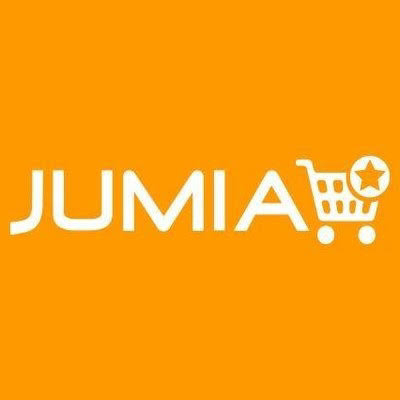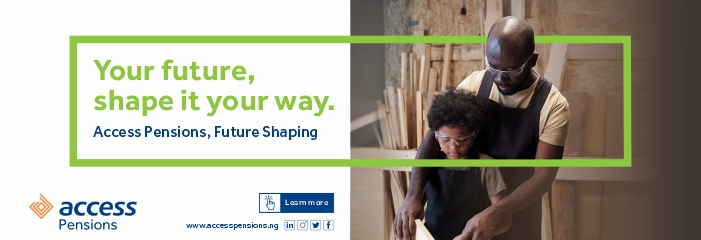Online shopping has become an increasingly popular way to purchase things, but delivery fees remain a concern for many consumers.
Running errands and buying groceries are part of our daily activities. While some have taken refuge in online shopping, the delivery charges incurred with the orders sometimes leave consumers preferring to source these items personally. Research by Business Insider Intelligence shows that about $4 trillion worth of goods were abandoned in shopping carts, given that delivery charges were higher than expected.
With consumers in mind, Jumia, the leading e-commerce platform in Nigeria, brought about Jumia Prime in June 2019, with the goal of making everyday shopping more seamless.
Jumia Prime is a loyalty program that entitles its members to free delivery on Jumia orders and other exclusive promotions, rewards, and benefits. Members receive free delivery on all Jumia orders except items shipped from abroad (bearing Jumia Global tab) and bulky or large items such as large furniture, large home/kitchen appliances, home theatres, sound systems, and air conditioning units. Also, all Jumia on-demand services, like Jumia Food, receive free delivery.
Furthermore, Jumia Prime members also get discounts on select brands, instant refunds when items are returned, and early access to exclusive deals like Black Friday, Brand Festival, and Flash Sales, to mention a few.
As a way of upholding the tenets of its mission which is to provide the most value to African shoppers, Jumia teamed up with Africa’s leading digital entertainment platform to provide free IROKOTV subscriptions to Jumia Prime members bundled with the three-month, six-month, and 12-month Jumia Prime Membership plans.
Jumia Prime has been running for three years, with thousands of consumers enjoying the benefits. Beyond purchasing groceries and other day-to-day essentials, members have been able to access promotions, rewards, and other benefits from third-party participating products and brands. We have seen more brands & vendors take advantage of this to reach even more consumers.

Jumia Prime is for the consumers!
With its availability in major cities across Nigeria, Jumia Prime gives consumers one less thing to worry about when shopping, providing free and fast delivery with its fully-integrated logistics services. Saviour Etokudo, one of Jumia’s consumers, acknowledged that since the introduction of free delivery, he shops more for daily essentials.
With rising inflation and low purchasing power, subscribing to Jumia Prime is an ideal way for consumers to save on delivery fees while still shopping for their everyday needs.






